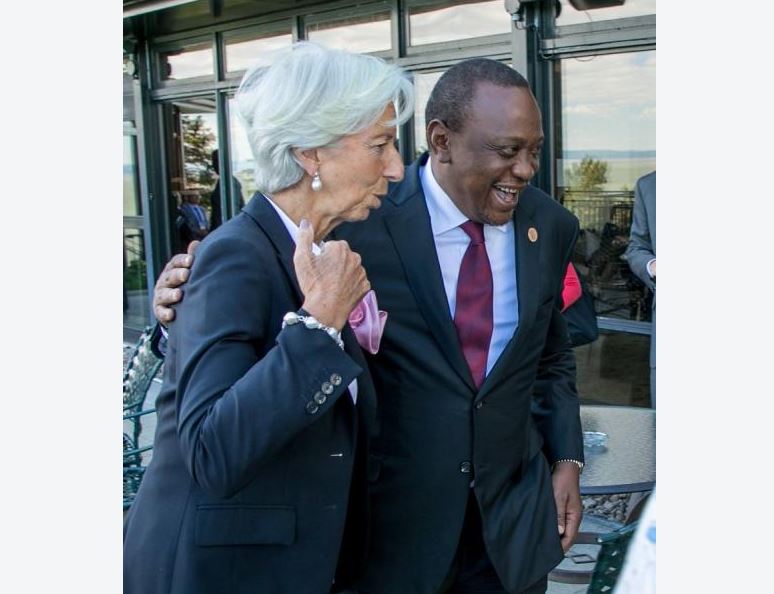×
The Standard e-Paper
Stay Informed, Even Offline

The International Monetary Fund (IMF) last week announced that it would delay publishing new set of performance criteria that would guide its relation with the Kenyan Government.
“The authorities need more time to consider the publication of the staff report and the related press release,” said IMF in a statement.